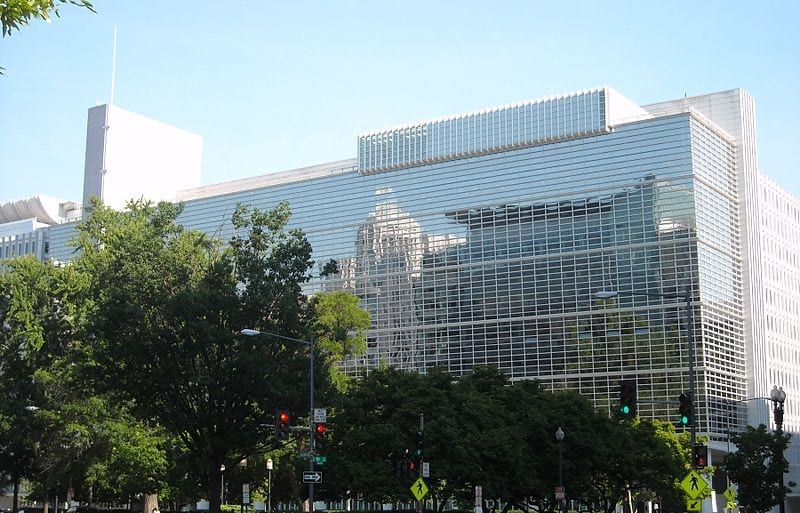 A study from the World Bank has shown that this could occur as early as 2013.
A study from the World Bank has shown that this could occur as early as 2013.
The World Bank has released the results of their latest study, which has revealed the devastating insurance news regarding Ghana’s health coverage system and its direction toward bankruptcy in 2013.
As soon as next year, the National Health Insurance Scheme (NHIS) could be bankrupt.
The insurance news report stated that “the system has serious structural and operational inefficiencies and is on a trajectory to go bankrupt as early as 2013.” It went on to share that if the NHIS wants to be able to broaden its enrollment in order to ensure its sustainability, then it will require the assistance of additional public resources.
At the heart of this insurance news are the inefficiencies of the system that cannot keep up.
The report with the World Bank’s insurance news analysis cautioned that “the system is too inefficient to absorb significant new resources, however; without major reforms, some of which lie outside the purview of the NHIS, it is difficult to argue for major increases in funding, particularly given Ghana’s fragile macroeonomic/fiscal situation.”
The NHIS was first created by Ghana’s government in 2003 under Act 650, which is designed to ensure that the people of the country will have access to basic healthcare services by way of private and mutual coverage plans.
It is important to note that the insurance news data that was used by the World Bank study is from 2009, so some details may have changed in the NHIS since that time. However, the organization – which just released the “Health Financing in Ghana” document this week – feels confident that their statements still hold true and that their warnings remain relevant.
The insurance news report now urges Ghana to make vital and fundamental reforms to their basic benefits package, the coverage regulations, provider payments, and to their cost control in order to significantly boost their efficiency in the use of their resources. These recommendations are also meant to rein in the expenditures so that they align more closely with what Ghana has available in its future fiscal environment.
